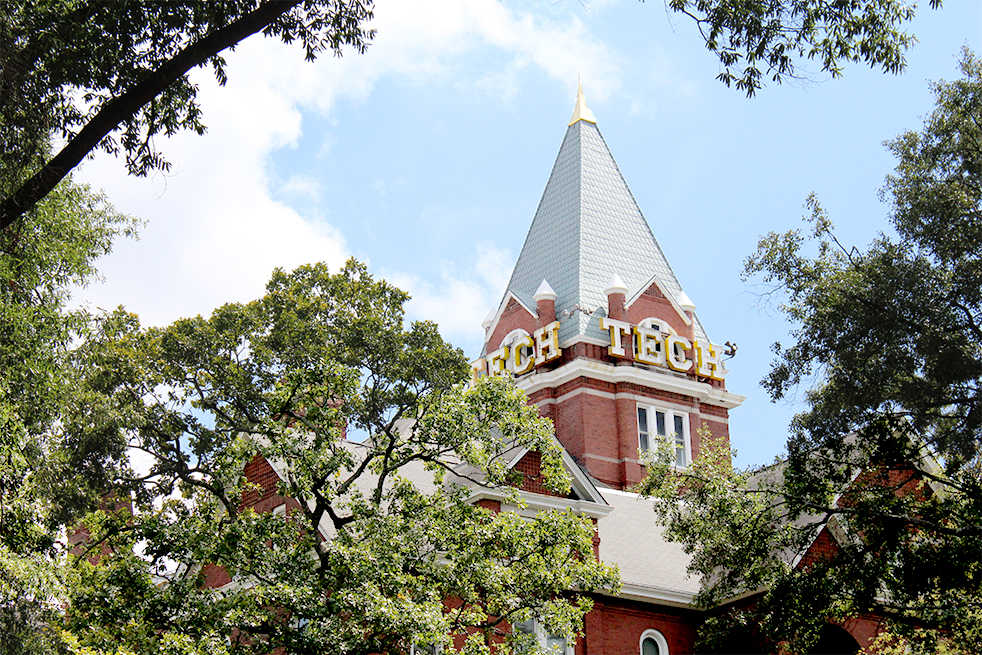Tech’s Online M.S. in Computer Science (OMSCS) recently earned Tech the #3 spot on Fast Company’s 2017 list of the Most Innovative Companies in Education, cited OMSCS’s success in “becoming the nation’s largest computer science master’s program, while charging a fraction of the typical cost.”
The OMSCS program, which was announced in May 2013 and launched Jan. 2014, allows people anywhere to take online Master’s-level classes of equal rigor to those offered on campus and earn their M.S. degree in the hot field of computer science — with a tuition of only $7,000, less than a sixth of the cost of an in-person student of the regular $45,000 MSCS
program.
OMSCS is made possible through Tech’s collaboration with Udacity, which manages the online distribution platform, and with AT&T, which has donated a total of $4.9 million to OMSCS over two funding rounds.
“You know, our motto is accessibility through affordability and technology,” said Zvi Galil, dean of the College of Computing.
OMSCS takes the high-accessibility strategy of massive open online courses and applies it to the university model of high-quality instruction in an effort to help bridge the gap between the demand for CS jobs and the production of CS M.S. students.
The idea for OMSCS was born in 2012, when Sebastian Thrun, founder of Udacity, came to see Galil and asked about doing a degree for $1,000.
“I’m pretty good with numbers, especially [those] with a dollar sign,” Galil said. “So I told him $1,000 won’t do, maybe $4,000.”
Neither of those numbers ended up to be the final tuition of $6,600, but the conversation began. Over the next six and a half months, faculty worked on drafting the initial five OMSCS classes for presentation to the Board of Regents, which approved the institute’s endeavor.
OMSCS launched in January 2013 with 380 students, but has already grown to a student body of 4,515, 70 percent of whom are U.S. citizens. The program currently is comprised of 30 courses and four
specializations.
A working paper, from collaborators at Harvard and Georgia Tech, estimate that, based on current enrollment and attrition data, OMSCS could annually produce 725 M.S. graduates, which would add seven percent to the 11,000 students nationwide who earn M.S. degrees in computer science. The scalability of OMSCS has and will allow Tech to have a far greater impact than a traditional university program.
“Our fair share [of CS M.S. students] is 0.1 to 0.2 percent,” Galil said. “We produce 30, 40 times that. So we are doing something that is very important nationally, because we need these graduates. We are impacting this in perhaps a unique way.”
The OMSCS program is first of its kind at its scale, and already, it has been positively influencing the landscape of online education. For example, the University of Illinois at Urbana-Champaign has begun their iMBA program, an online MBA program; and here at Tech, an online M.S. in Data Analytics is in
development.
“In some sense, we change the paradigm of admission. The paradigm of admission in the U.S. is admission by rejection,” Galil said. “You reject everybody, and accept few.”
“It’s a paradigm that’s uplifted by the nature of online environment, and one whose partial erosion could unlock the potential of online education.”
